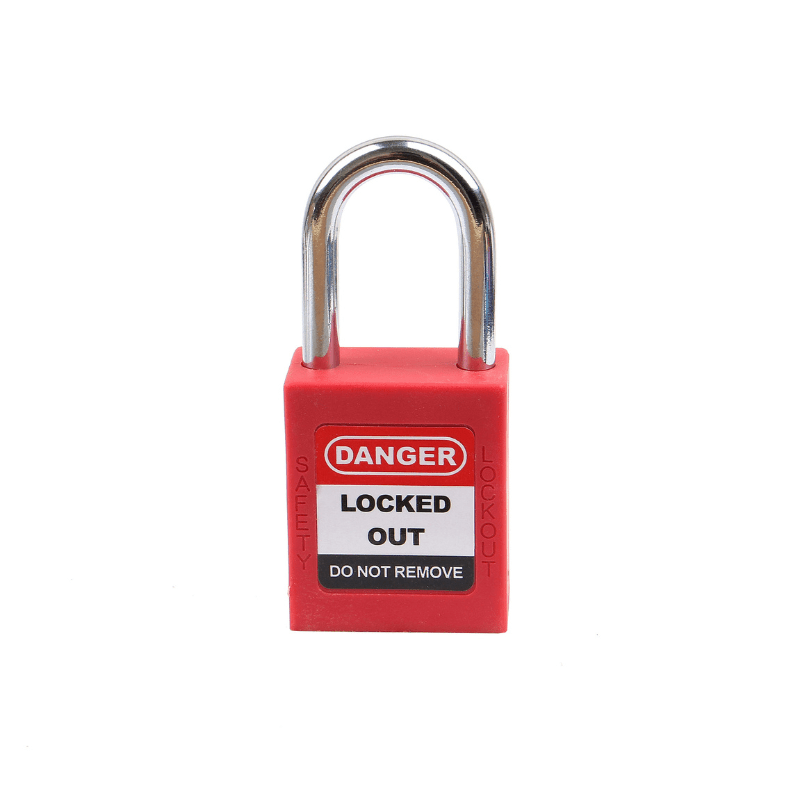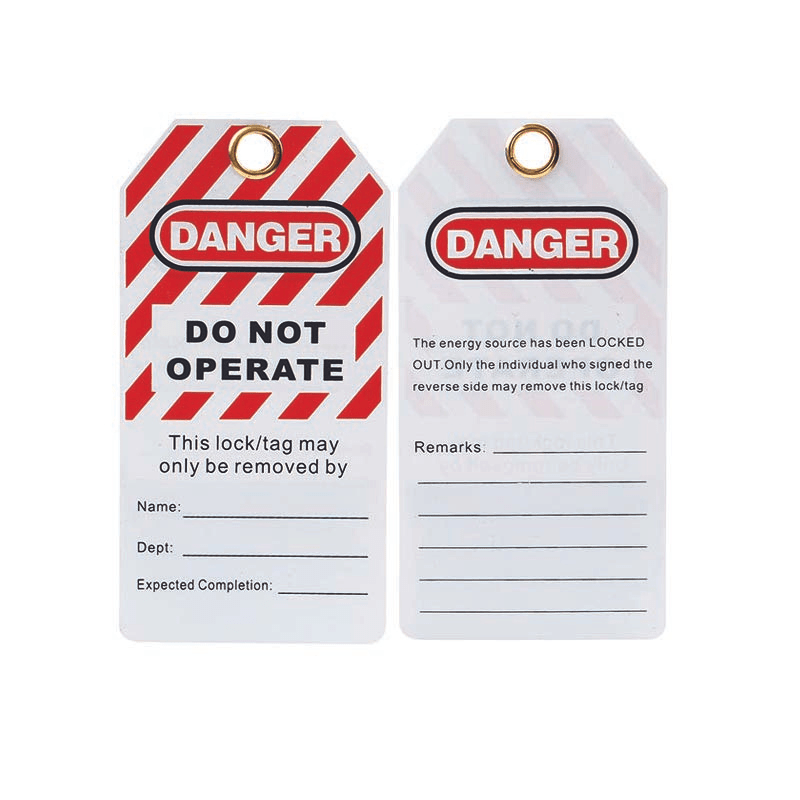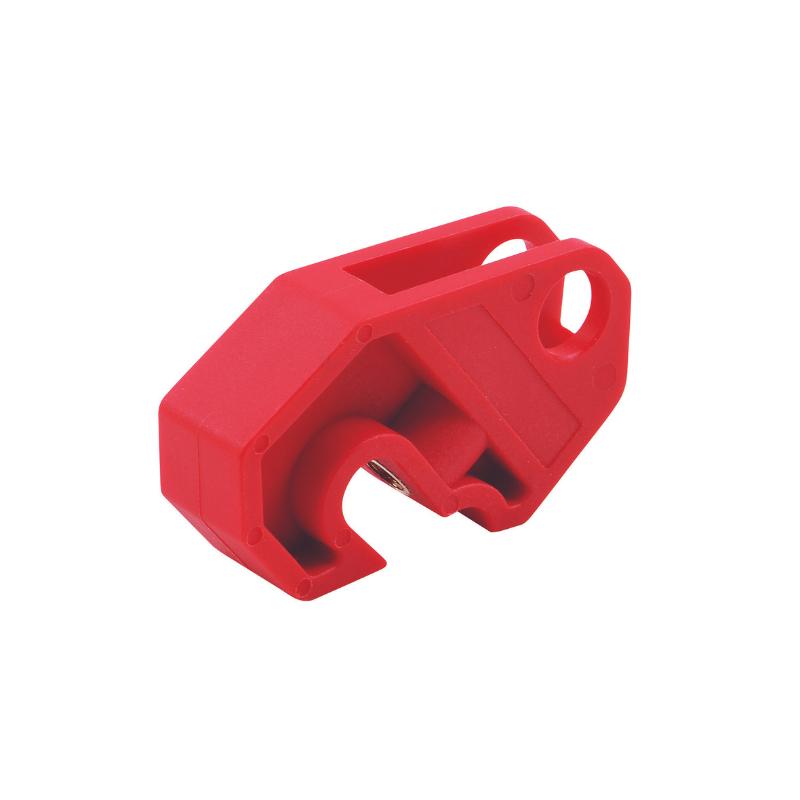As the commissioning phase is a critical stage in the life cycle of any plant or facility, it's important to understand the potential risks and hazards involved. Not only can injuries occur, but the failure to properly commission a plant can lead to operational issues, increased downtime, and even environmental or safety incidents. That's where companies like The Lock Box can help.
Commissioning is the process of testing and verifying the performance of a plant or equipment before it is put into operation. This process involves various high-risk activities such as testing electrical systems, calibrating instruments, and operating machinery. The risks associated with commissioning include:
1. Electrical hazards: Commissioning involves working with electrical systems and components, which can pose a risk of electrocution or electric shock.
2. Mechanical hazards: Commissioning also involves working with machinery and equipment, which can pose a risk of crushing, shearing, or entanglement.
3. Chemical hazards: Commissioning may involve working with hazardous chemicals or substances, which can pose a risk of exposure or inhalation.
4. Fire and explosion hazards: Commissioning may involve working with flammable or explosive materials, which can pose a risk of fire or explosion.
One key aspect of commissioning guidelines is the use of Lockout Tagout (LOTO) procedures. LOTO procedures involve locking and tagging equipment to prevent accidental energization during maintenance or repair work. By implementing LOTO procedures during the commissioning process, the risk of injuries due to accidental energization can be greatly reduced. Lockout Tagout (LOTO) is a safety procedure used to ensure that machinery and equipment are shut down and isolated from their energy sources before maintenance or repair work is performed. LOTO can also be used during commissioning to improve safety and prevent injuries.
1. LOTO devices can physically isolate machinery and equipment from their energy sources, preventing them from being started accidentally.
2. Tagout devices can be used to inform workers that machinery and equipment are undergoing commissioning or maintenance work, reminding them not to start or use them.
3. LOTO procedures can be integrated into the commissioning plan, ensuring that workers follow established safety protocols and procedures.
In conclusion, the commissioning phase of a plant or facility carries significant risks and hazards that must be properly identified and mitigated. By following established commissioning guidelines, including the use of LOTO procedures, and providing proper training and education to personnel, the safety of the commissioning process can be greatly improved. And with the help of companies like The Lock Box, which specialize in LOTO solutions, the commissioning process can be made safer and more efficient.



